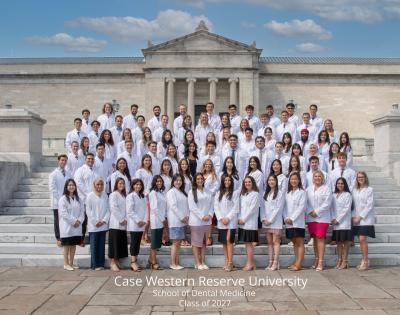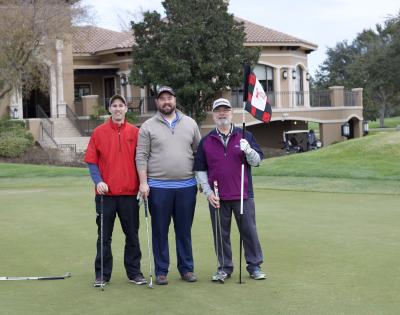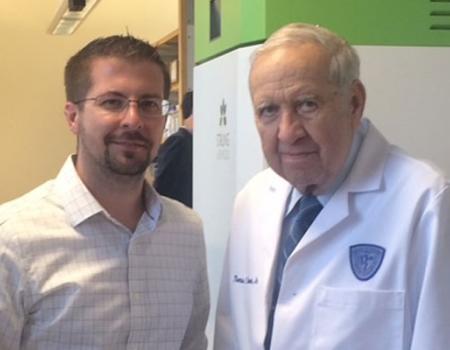
School of Medicine
From driving cutting-edge research to bringing medical innovations to market, landing competitive awards and more, the faculty, staff and students at Case Western Reserve University School of Medicine know how to make headlines.

Hero Type
Image
Step into CWRU’s new anatomy labs
Case Western Reserve University School of Medicine’s Department of Anatomy just got a facelift—a transformation that brings brand new, state-of-the-art anatomy laboratories and offices to campus. Designed to enhance hands-on learning and research, the labs are equipped with modern dissection…
In the News
Recent News

August 22, 2023
Join Case Western Reserve University School of Medicine for a special event titled “Passion & Promise: Family Physicians Making a Difference.” The free event will take place Saturday, Aug. 26, from 8:30 a.m. to 1 p.m. in Samson Pavilion at the Health Education Campus. Breakfast and lunch will…

August 21, 2023
Kelvin Smith Library is open 24 hours a day, 5 days a week during the academic year. Find cozy armchairs, supportive desk chairs, individual study, quiet areas, reservable tables and rooms, and Cramelot Cafe. Access thousands of resources, physical and digital, books, e-journals, databases, and…

August 21, 2023
11th Annual Seeds of Discovery Ceremony Incoming students beginning their biomedical research training as doctoral students were welcomed to the School of Medicine at the annual "Seeds of Discovery" White Coat Ceremony on Friday, Aug. 11. While very few institutions hold White Coat ceremonies…

August 21, 2023
Join representatives from Case Western Reserve University School of Medicine for a health professions and graduate programs opportunities fair. The event will be held Friday, Sept. 8, from noon to 3 p.m. in the Biomedical Research Building. Reserve a spot to learn more about the medical school's…

August 18, 2023
Dean Kenneth Chance, DDS (DEN ‘79) welcomed 78 students in the Class of 2027 during their White Coat Ceremony on Friday, August 4, 2023. Michael Gallagher, DDS (DEN ‘83), President of the Alumni Association, also greeted the class. The Class of 2027 has the highest average GPA and average science…

August 18, 2023
An article by Case Western Reserve University's Ryan Farrell, associate professor of pediatrics, and Rose Gubitosi-Klug, professor of pediatrics, was published in the July edition of Capsules, a publication from the Ohio Cardiovascular and Diabetes Health Collaborative (Cardi-OH). The article,…

August 18, 2023
J. Daryl Thornton, associate professor at Case Western Reserve University School of Medicine, discussed sleep and its effect on the cardiovascular system on Cardi-OH Radio’s podcast, “Sleep Disorders and the Heart.” In the podcast, which took place on July 12, Thornton reviewed how sleep time…

August 15, 2023
They say careers are evolutions. For Malcolm Taylor, that evolution meant following in the footsteps of his father, Ray M. Taylor, DDS—a choice that then led Malcolm's sons, Nathaniel and Jonathan, into dentistry as well. Malcolm Taylor (DEN ’92) began his journey at Baylor University in the…

August 11, 2023
Karen B. Mulloy, Case Western Reserve University School of Medicine associate professor, was recognized for a career advocating for the health and safety of workers in the U.S. and internationally. Mulloy earned the Alice Hamilton Award from the Occupational Health and Safety Section of the…

August 11, 2023
Karen B. Mulloy, Case Western Reserve University School of Medicine associate professor, was recognized for a career advocating for the health and safety of workers in the U.S. and internationally. Mulloy earned the Alice Hamilton Award from the Occupational Health and Safety Section of the…








